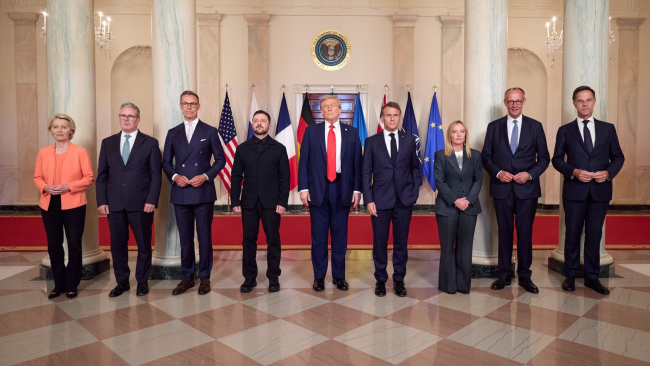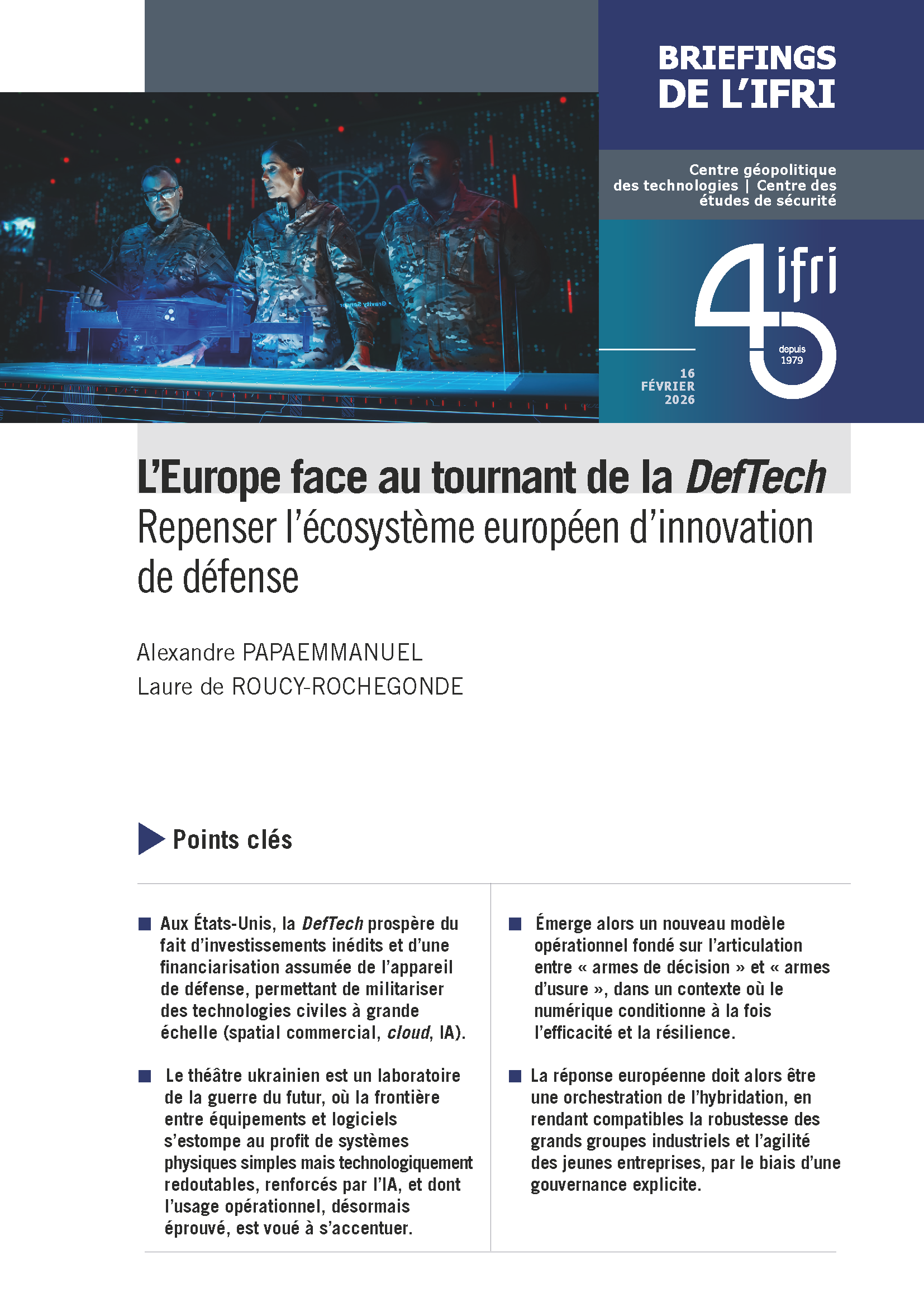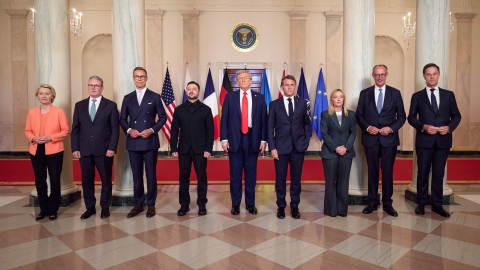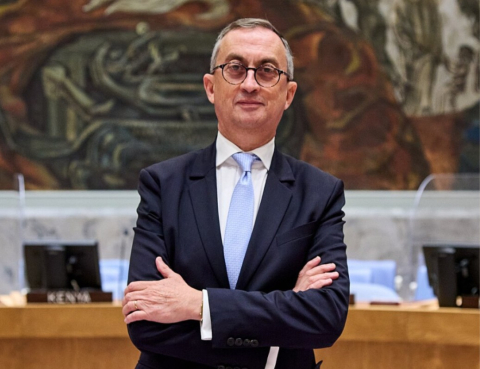
Informations pratiques
Thématiques et régions
Centres et programmes liés
Ceci est un événement réservé.
En savoir plus sur nos programmes de soutienFollowing the publication of a study about “Shale Gas in Poland, United Kingdom, Danmark: Toward an European Model?” conducted by Sylvie Cornot-Gandolphe, Ifri Center for Energy organizes a roundtable conference with: Sylvie Cornot-Gandolphe, Associate Research Fellow at Ifri Centre for Energy, Thierry Deschuyteneer, Executive Secretary, Gas Infrastructure Europe (GIE), and Serge Heidrich, Partner, KPMG. Introduction by Jacques Lesourne, Chairman of the Scientific Committee of the Ifri Center for Energy. Chaired by Marie-Claire Aoun, Director, IFRI Centre for Energy and William C. Ramsay, Senior Advisor to the Ifri Center for Energy.
The Ukrainian crisis puts EU energy security back to the top of the political agenda. Two measures to increase gas source diversification have been intensively discussed lately: importing US LNG and/or developing the EU domestic shale gas resources. What volumes can the EU expect from these new gas sources? Will they be competitive on the EU gas market?
At the same time, Europe is still struggling to define a common position on shale gas development. Sylvie Cornot-Gandolphe will address how the experiences of Poland, United Kingdom and Denmark provide useful insights on the policy framework needed at an EU level to ensure a sustainable development and social acceptability.
US LNG export potential will then be addressed by Serge Heidrich and Thierry Deschuyteneer will conclude with the European LNG import potential to ensure EU security of supplies.
Sujets liés
Autres événements

Quelle politique de défense en Allemagne ?
Face à la guerre en Ukraine et à l’instabilité géopolitique en Europe dans un cadre transatlantique perturbé, l’Allemagne a amorcé un tournant majeur dans sa politique de défense, avec une hausse significative des dépenses militaires, la modernisation de la Bundeswehr et le débat sur un éventuel retour du service militaire obligatoire.

Quatre ans de guerre en Ukraine : verra-t-on la fin du conflit en 2026 ?
Un déjeuner débat autour de Tatiana Kastouéva-Jean, Directrice du Centre Russie/NEI, et Élie Tenenbaum, directeur du

Quel partenariat technologique avec l’Inde ?
Le 16ème Sommet UE-Inde, qui s’est tenu le 27 janvier à New Delhi en présence des dirigeants européens António Costa, Ursula von der Leyen, et du Premier ministre Narendra Modi, marque un tournant dans le renforcement des liens entre l'Union européenne et l'Inde. Parallèlement, les visites bilatérales se multiplient, à l’image de celle du Président français qui s’est rendu en Inde mi-février pour participer au Sommet sur l’Intelligence Artificielle.









